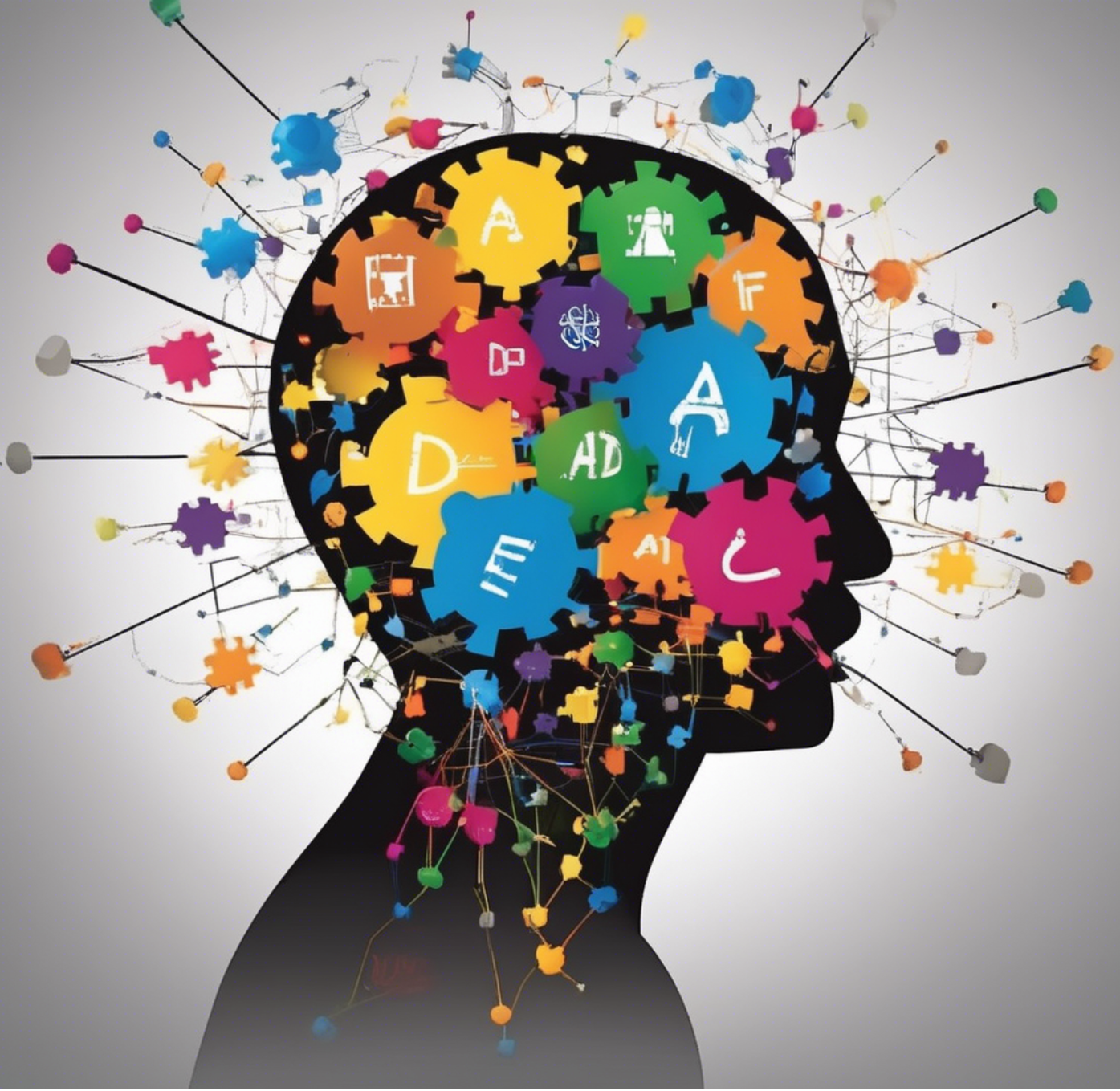
A Psychological Reflection on Scattered Minds by Dr. Gabor Maté
By Dr. Vivek G. Vasoya, MD
In a world quick to label and medicate, Scattered Minds by Dr. Gabor Maté stands out as a compassionate, deeply human exploration of Attention Deficit Hyperactivity Disorder (ADHD). Far from viewing it as a simple genetic or behavioral issue, Maté reframes ADHD as a complex, developmental condition rooted in early emotional experience and nervous system dysregulation.
From a psychiatric perspective, this book challenges many of the standard assumptions that dominate clinical understanding. Rather than reducing ADHD to a neurotransmitter imbalance or a behavioral checklist, Dr. Maté takes us on a journey into the emotional life of the child, the stress load of parents, and the subtle misattunements that shape a developing brain.
The Core Idea: ADHD Is Not a Deficit—It’s a Response
Maté argues that ADHD is not an inherited disorder, but rather a response to early stress, particularly emotional disconnection during critical stages of brain development. Children in chaotic or emotionally unavailable environments—whether due to trauma, parental anxiety, or societal pressures—adapt by tuning out. Over time, this adaptation becomes fixed as a pattern of inattention and emotional impulsivity.
As a psychiatrist, I find this view both compelling and clinically relevant. It shifts the question from “What’s wrong with this child?” to “What happened to this child—and to their parents?”
Key Psychological Insights from the Book:
ADHD begins in early childhood, often before any symptoms are recognized. The emotional environment, especially the attunement between child and caregiver, is central.
Parental stress and trauma play a role—not as blame, but as context. Stressed parents unconsciously pass on emotional dysregulation to their children.
ADHD is rooted in brain development, especially in the prefrontal cortex and limbic system, which are sensitive to emotional safety and co-regulation.
Shame and self-criticism are common in people with ADHD, often more damaging than the attention issues themselves. Healing requires compassion, not judgment.
Medication may help, but it doesn’t heal. True progress comes from emotional connection, self-awareness, and understanding the deeper roots of behavior.
Why This Book Matters Clinically and Culturally
In practice, many children and adults with ADHD are misdiagnosed, overmedicated, or misunderstood. Scattered Minds encourages us to see beyond symptoms and consider attachment history, trauma, and the emotional climate of early life. This is especially important in collectivist cultures like India, where emotional expression is often suppressed and mental health misunderstood.
Maté’s work invites professionals and parents alike to embrace a more trauma-informed, attachment-focused model of care—one that empowers healing rather than managing symptoms alone.
Final Thoughts
Scattered Minds is not just a book about ADHD—it’s a call for deeper human understanding. It challenges us to look at how we raise children, how we respond to behavior, and how we define mental health.
For anyone working in psychiatry, psychology, education, or parenting, this book is a valuable tool. And for those living with ADHD, it’s a source of validation and hope.
- By Dr. Vivek G. Vasoya, MD
(Homeopathic Psychiatrist & Psychotherapist)





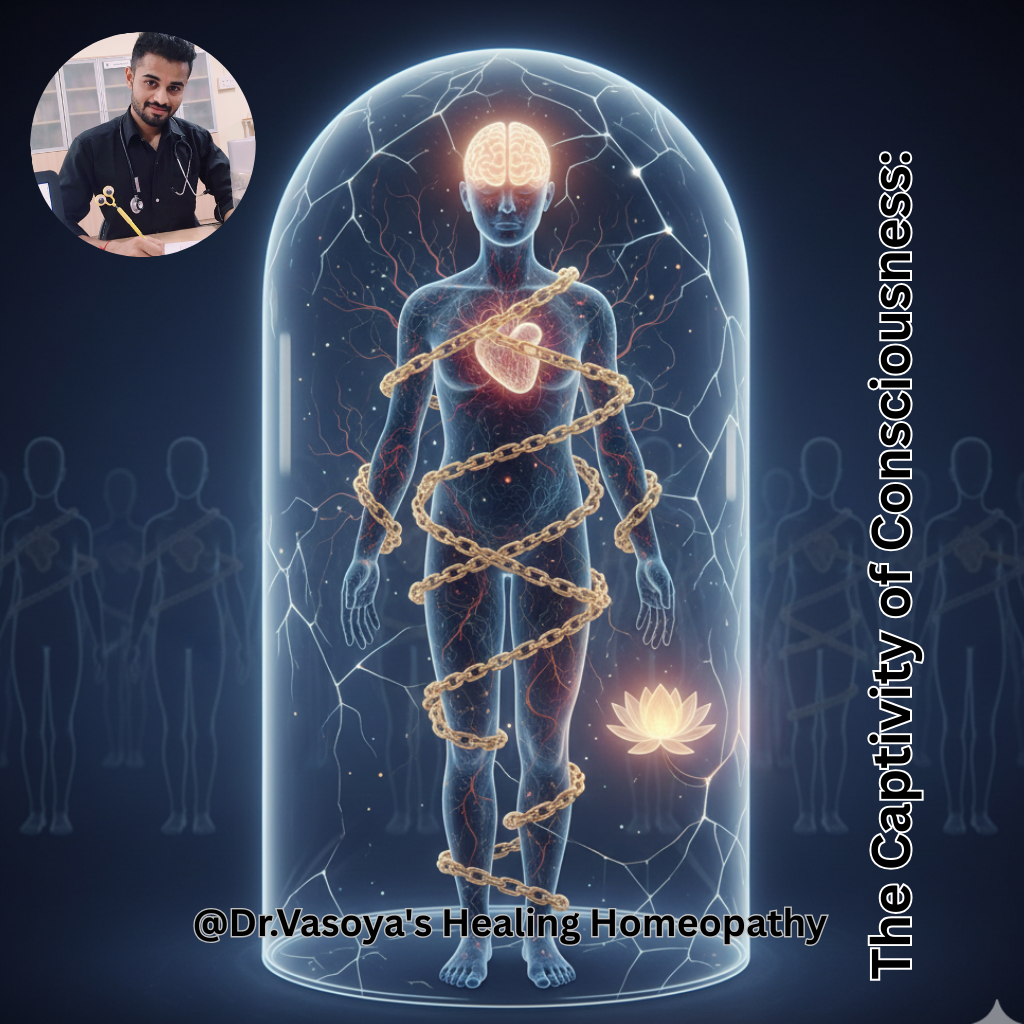

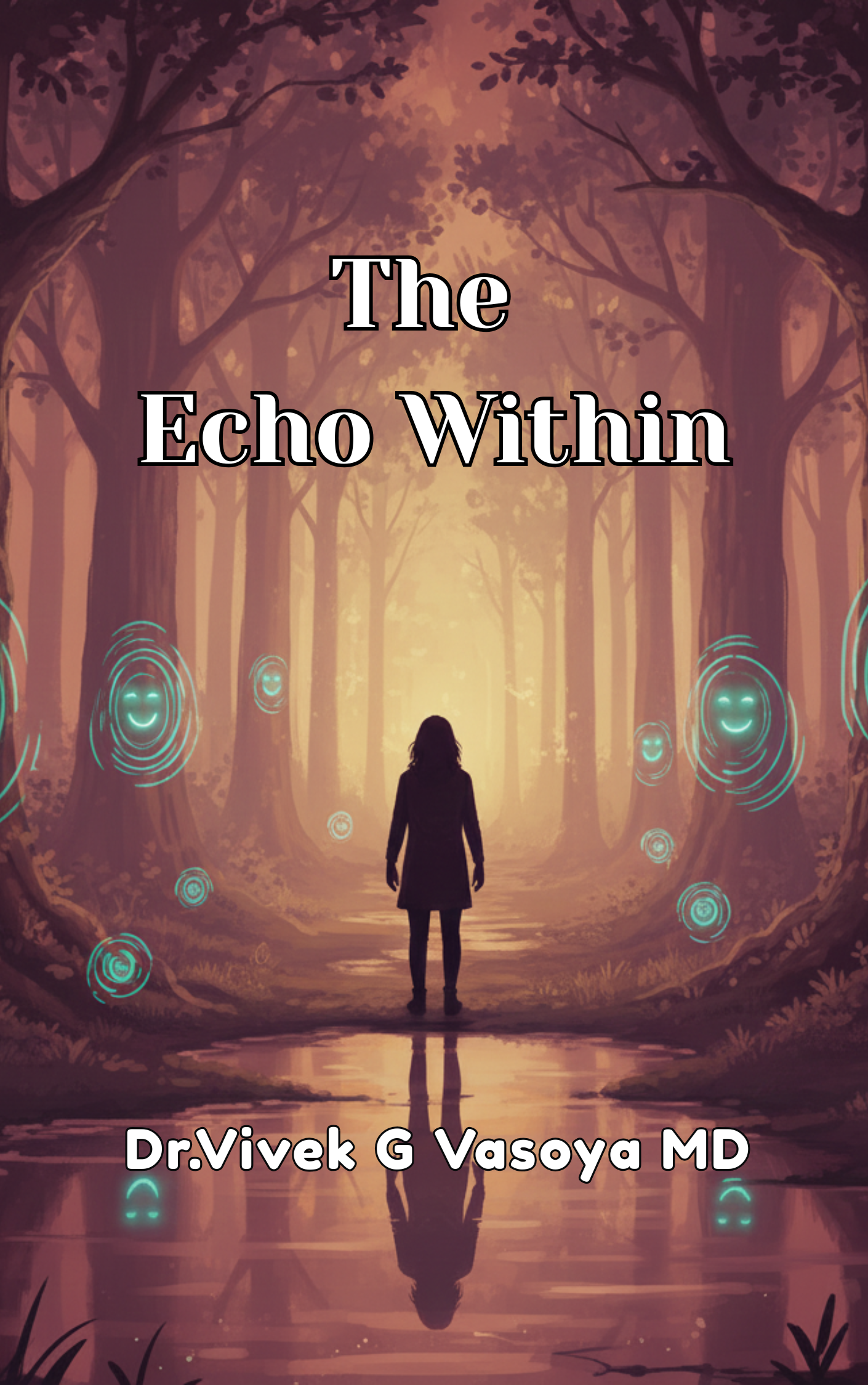


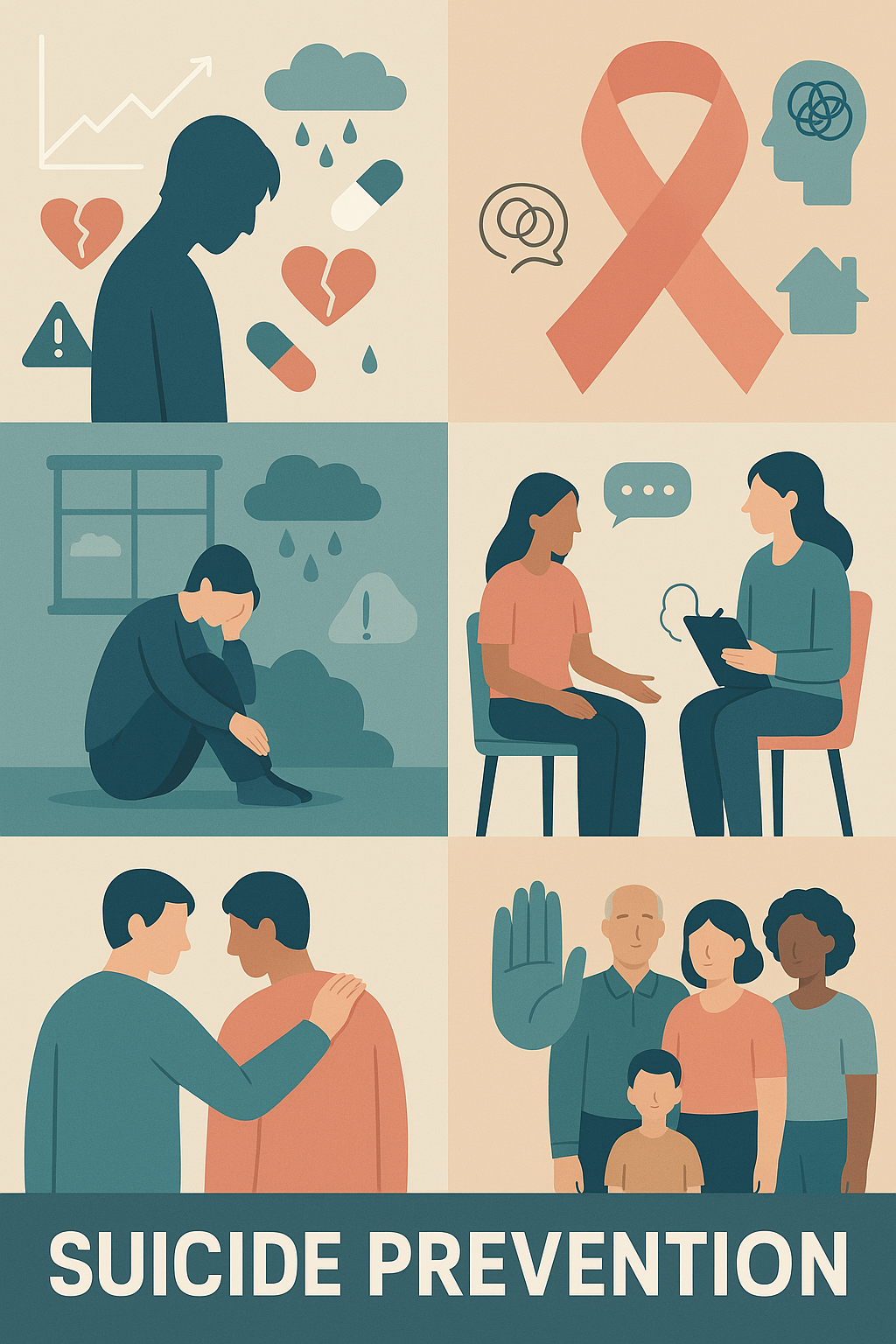
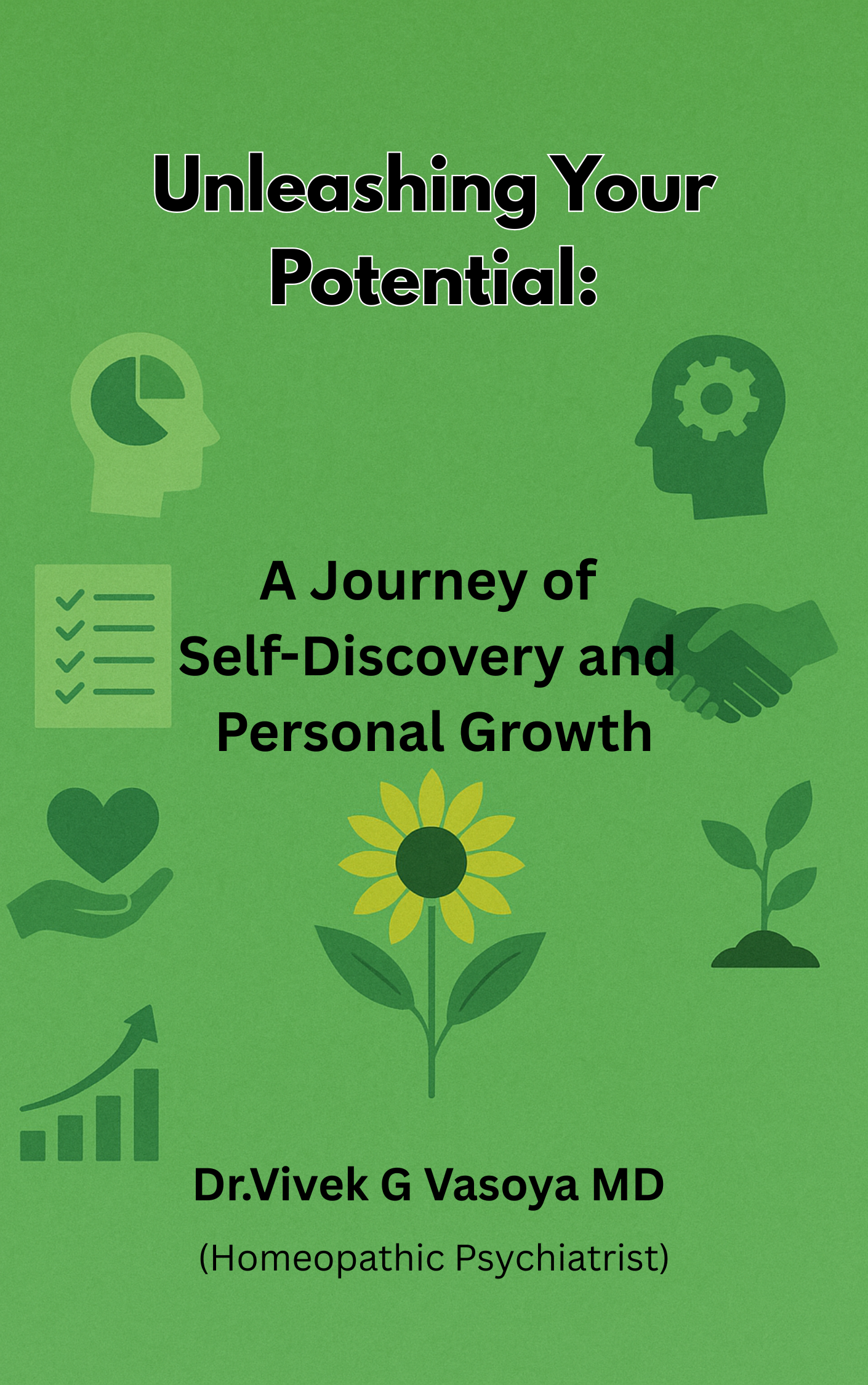
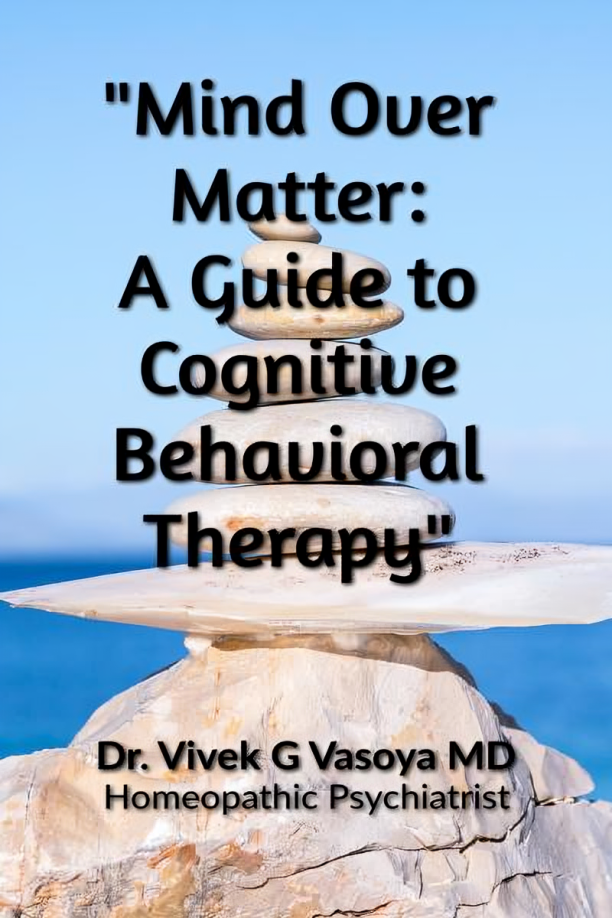
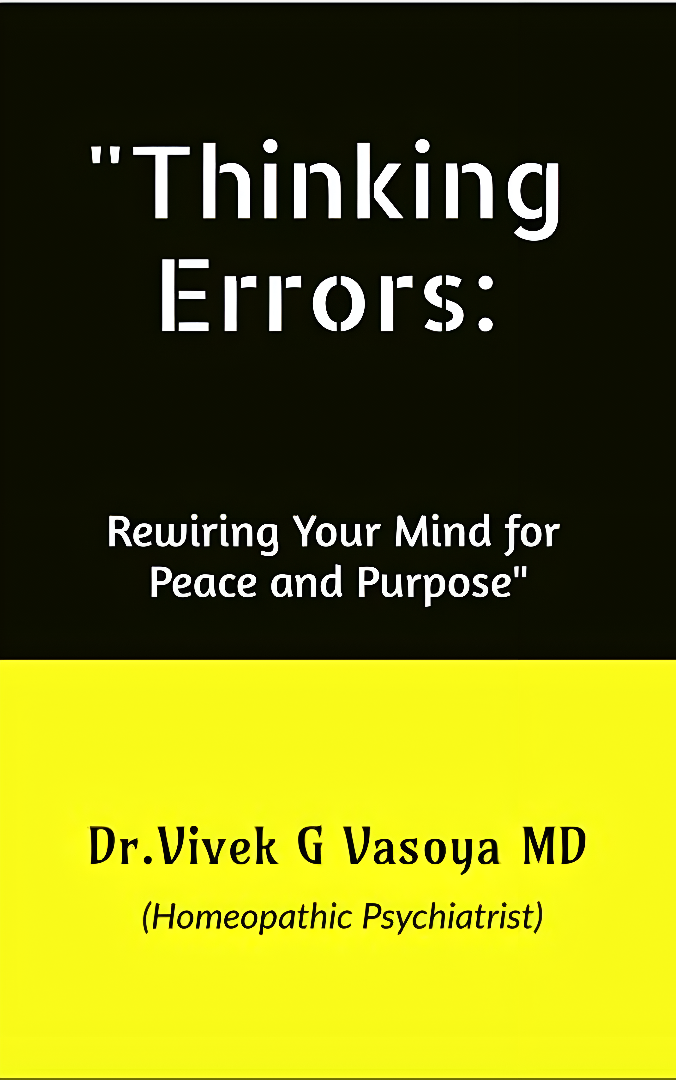
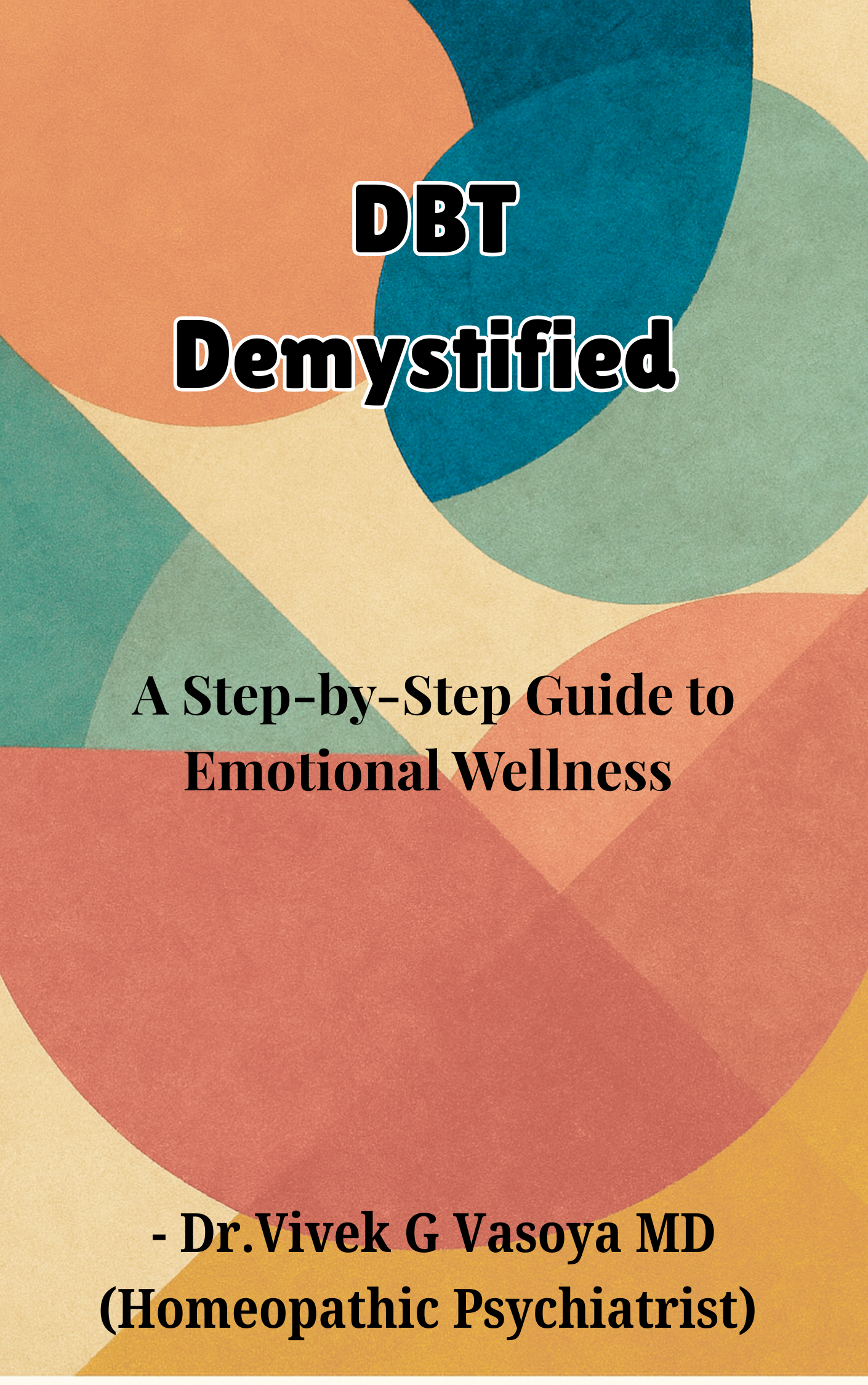
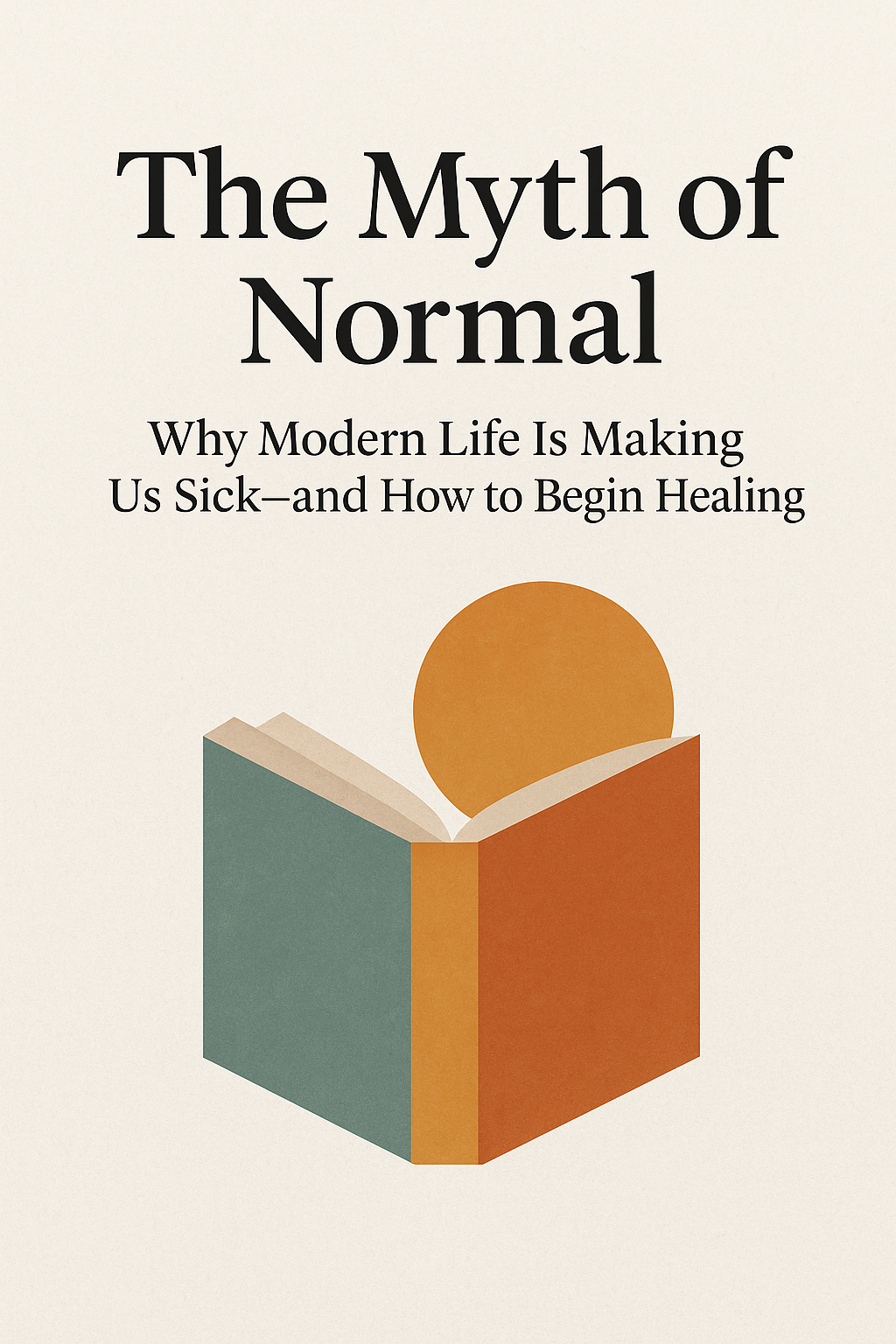

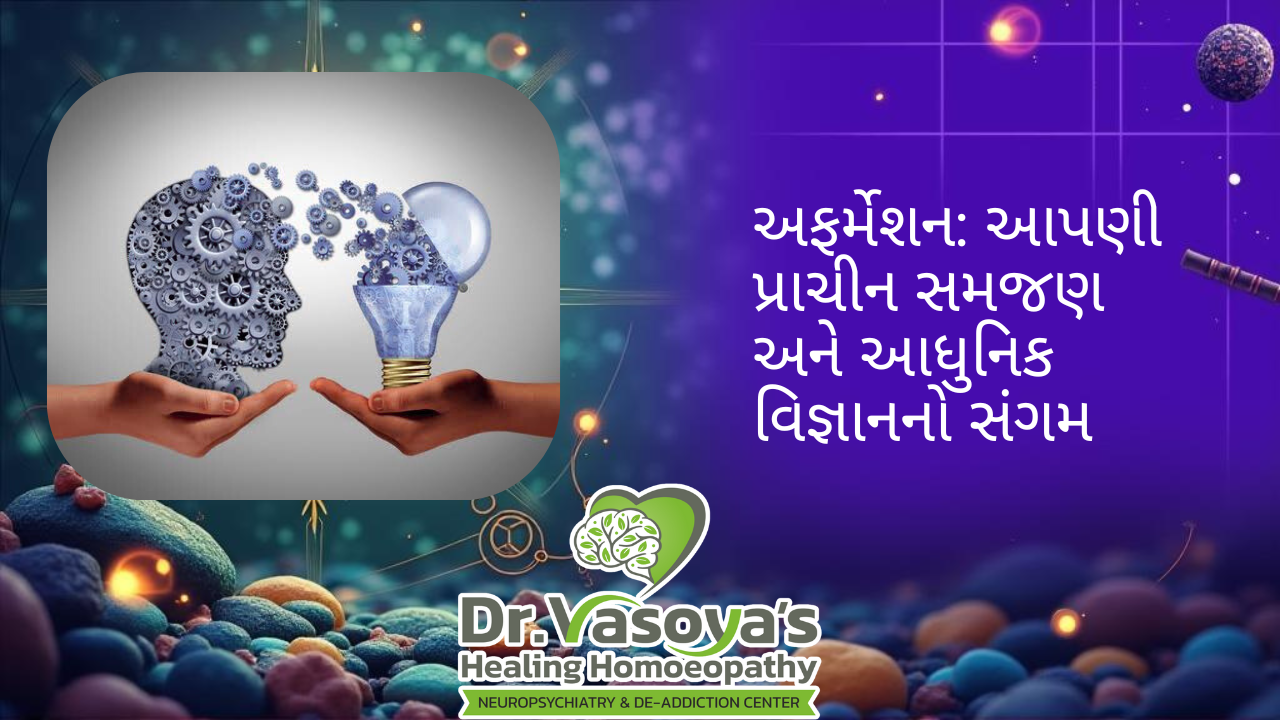

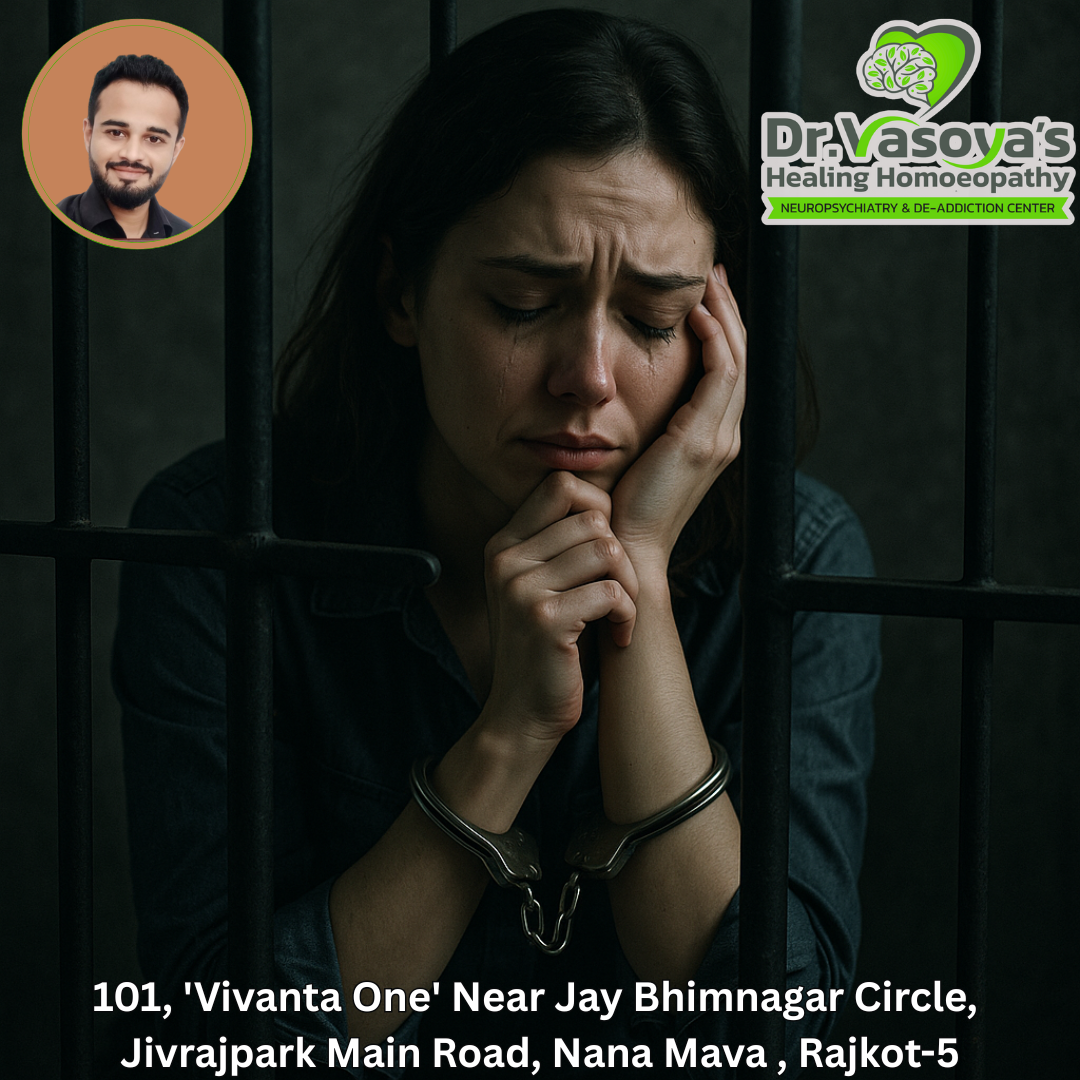
Write a comment ...